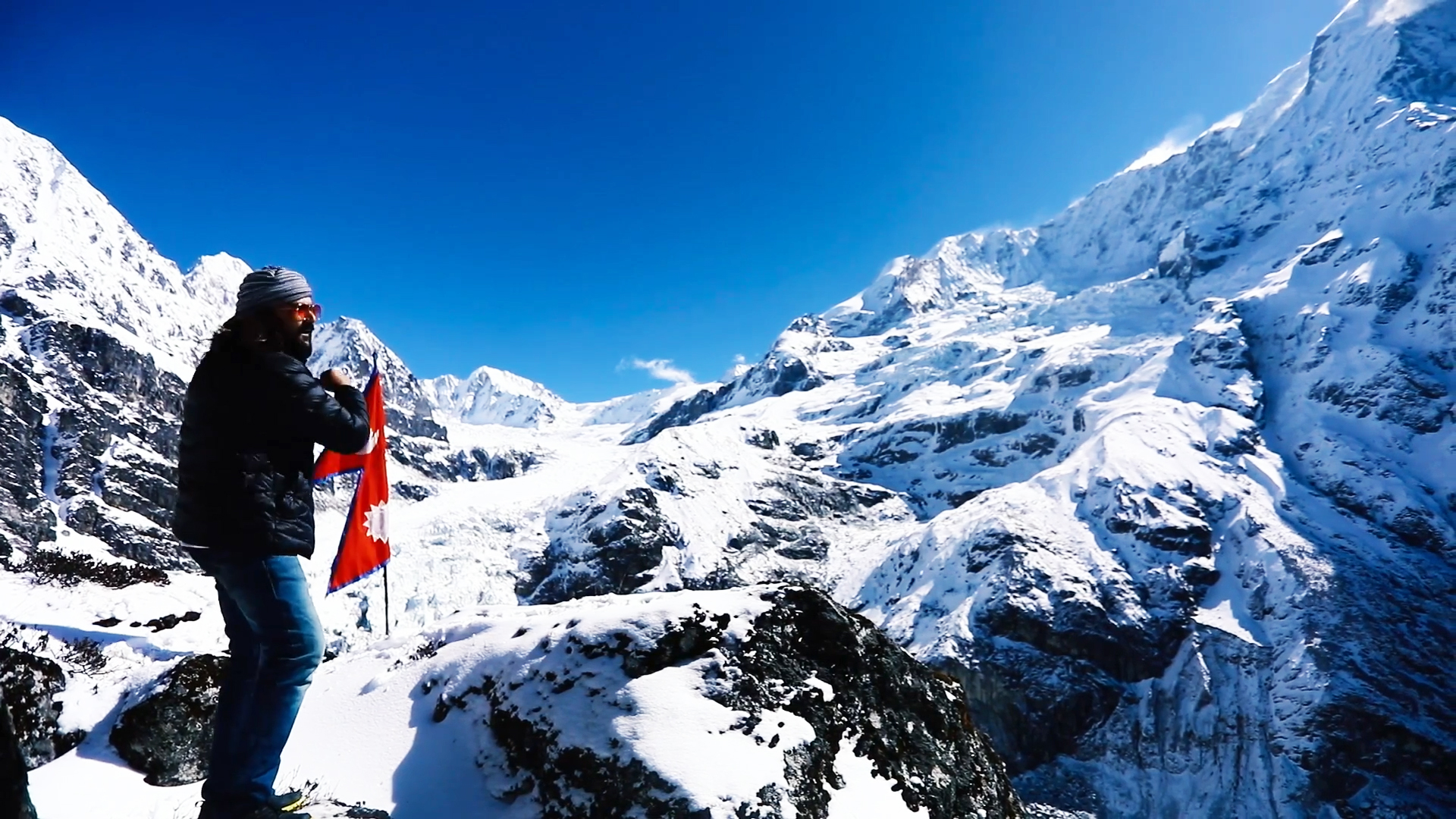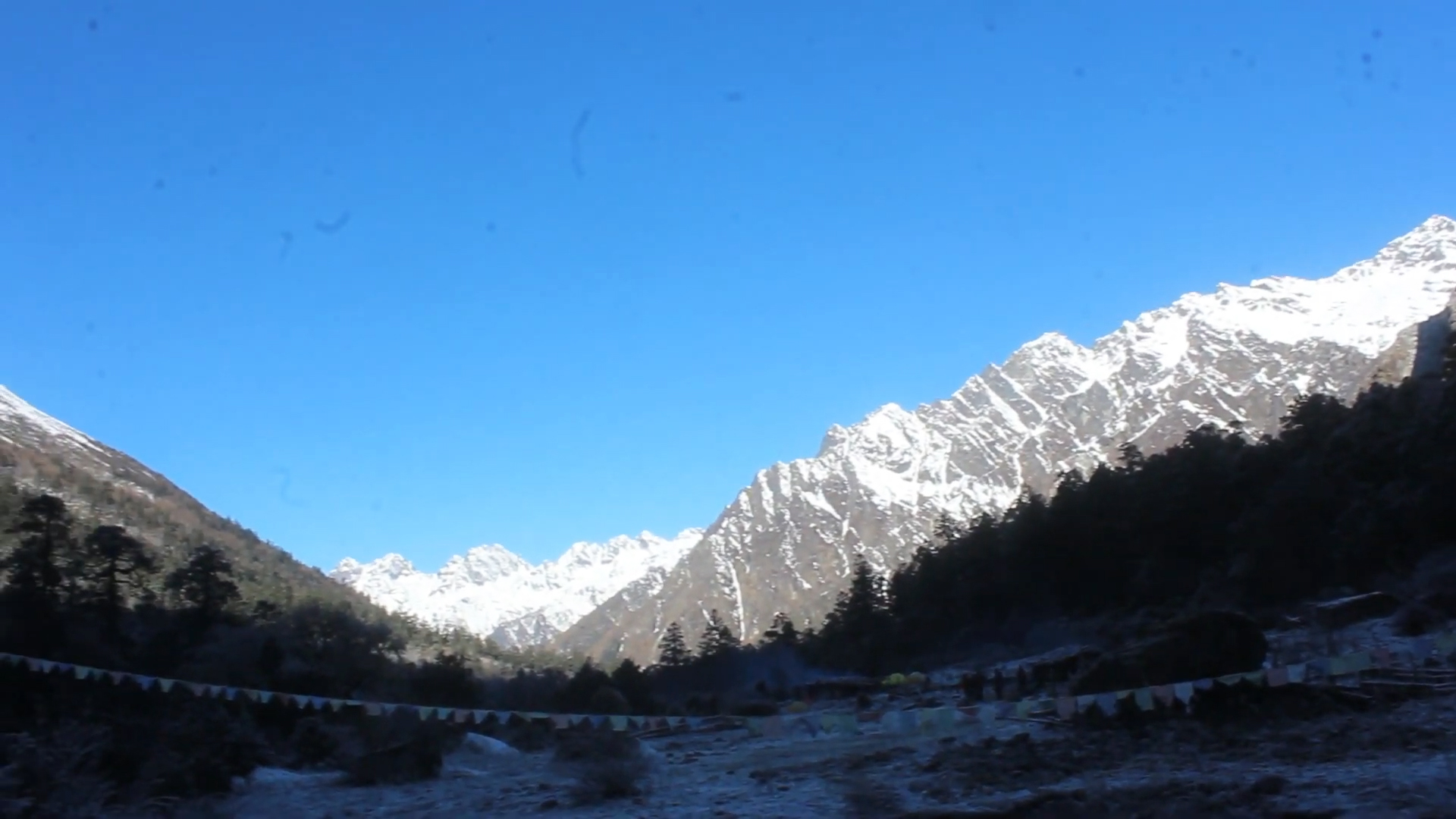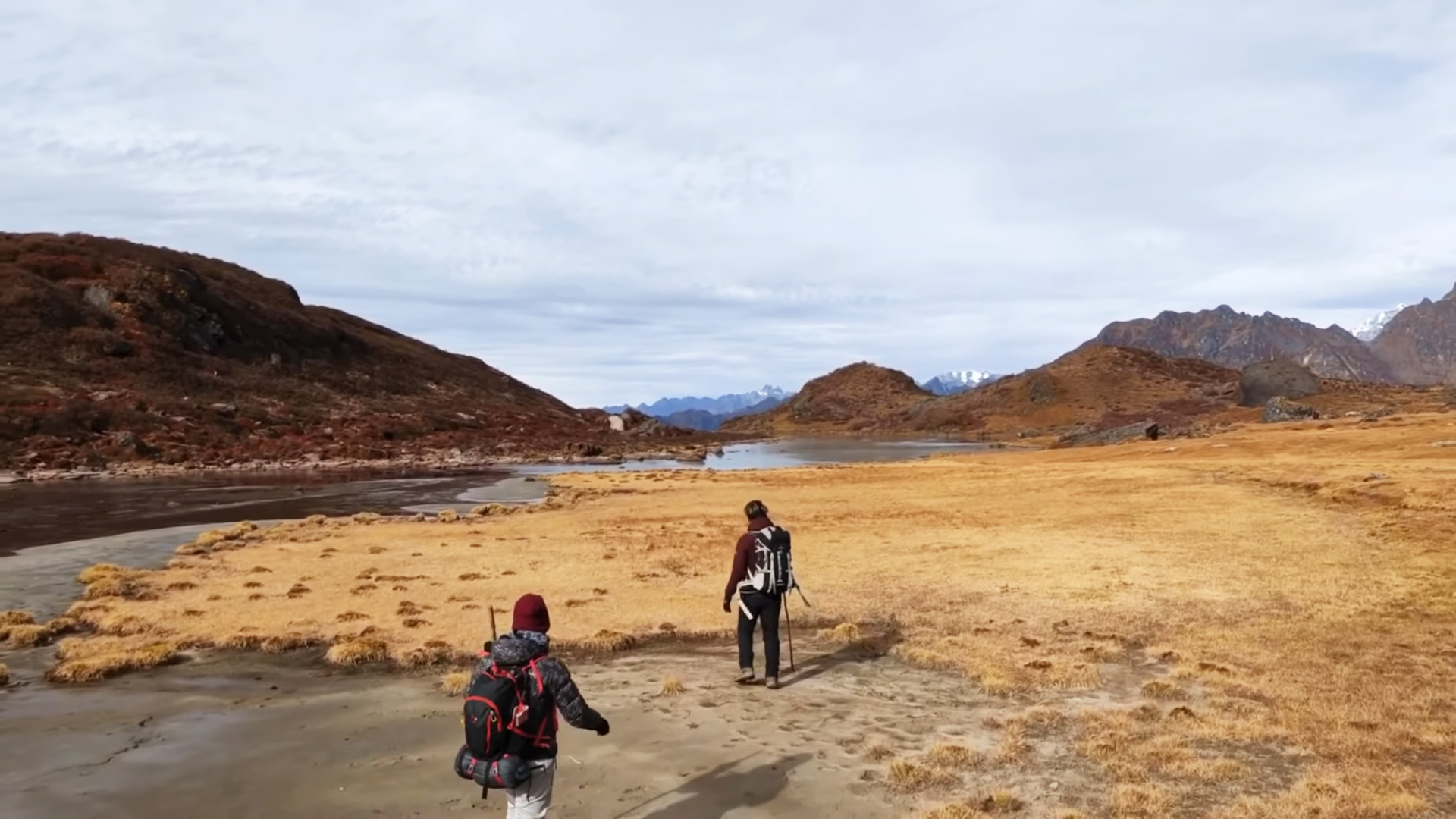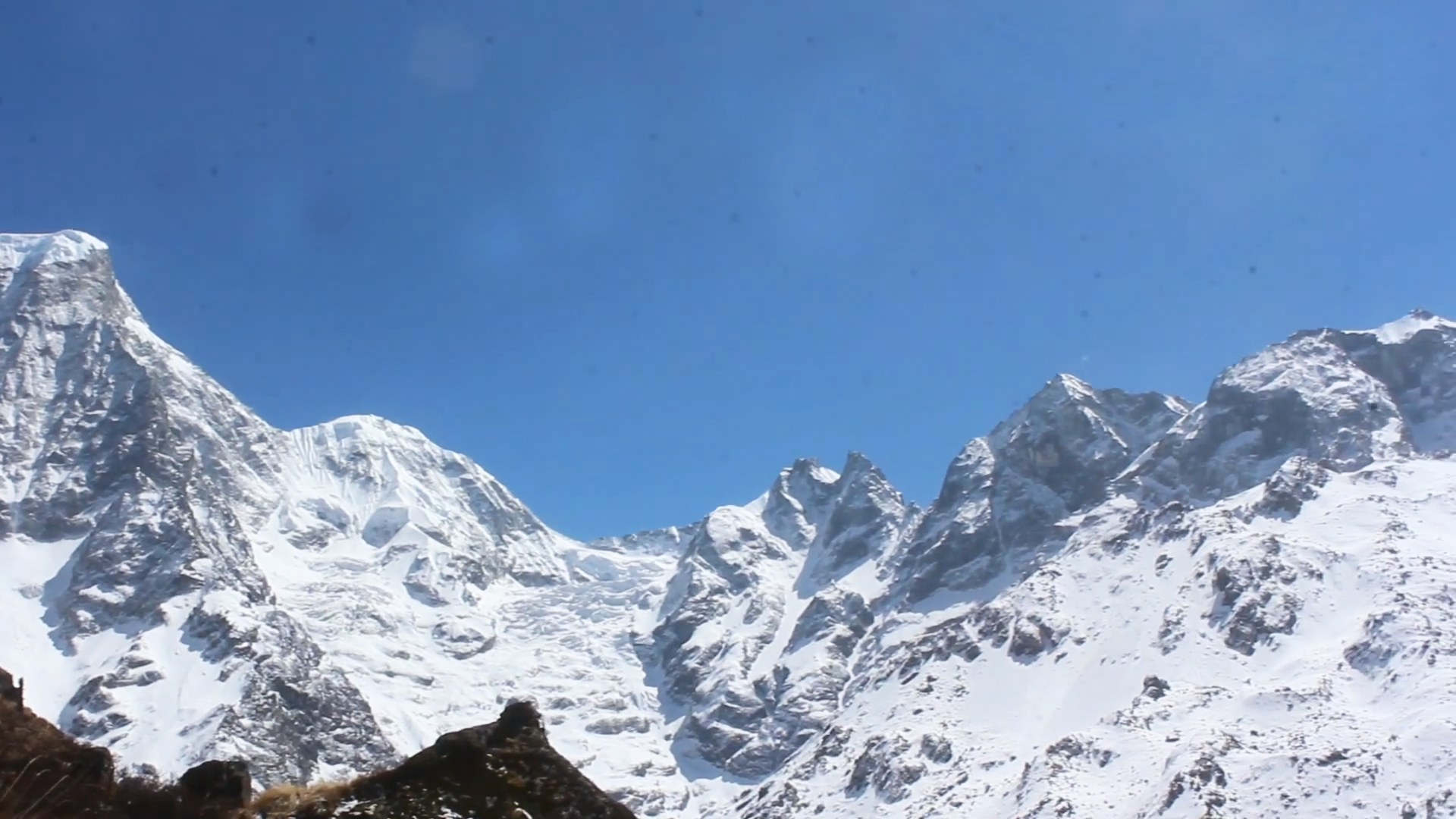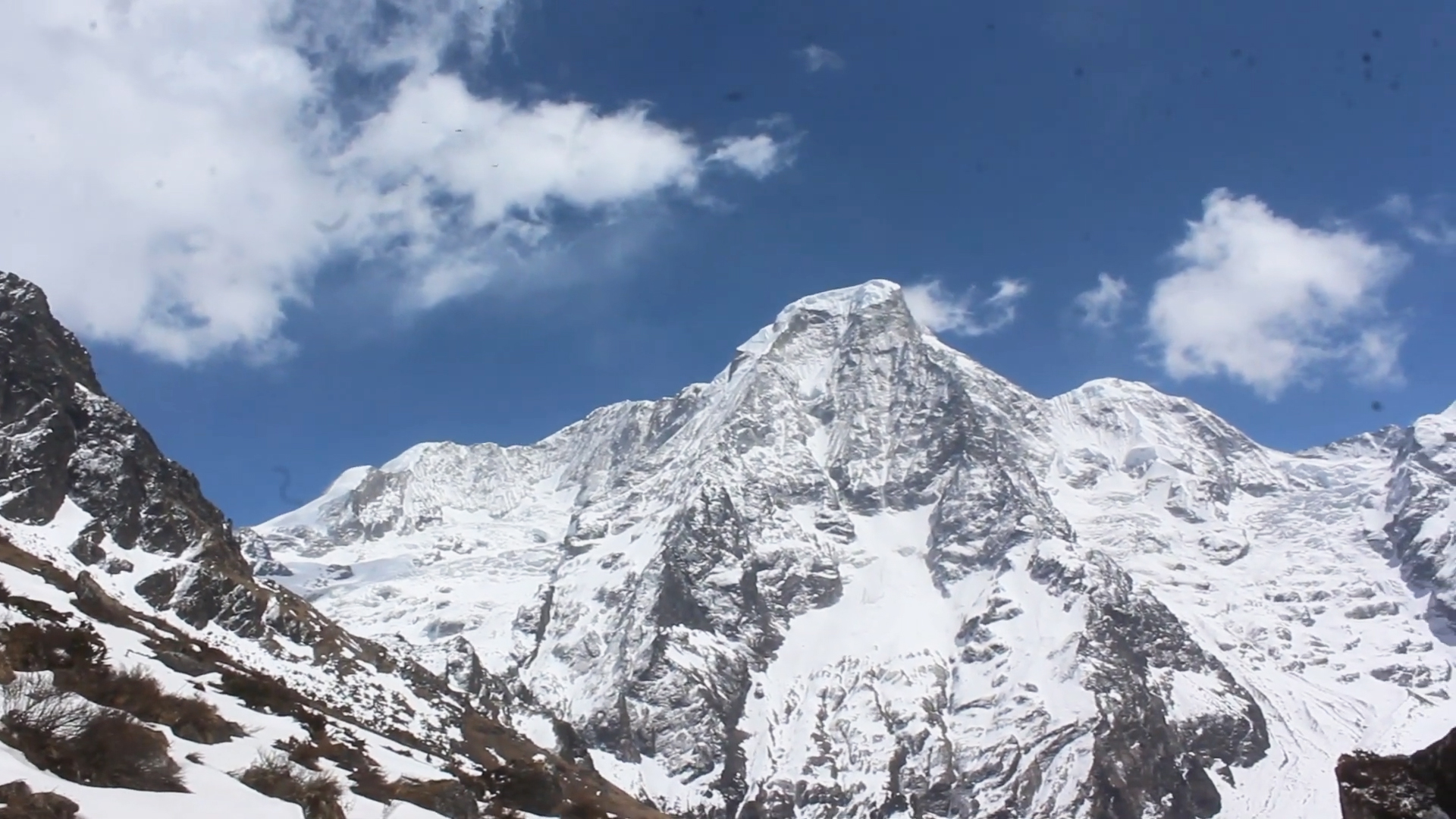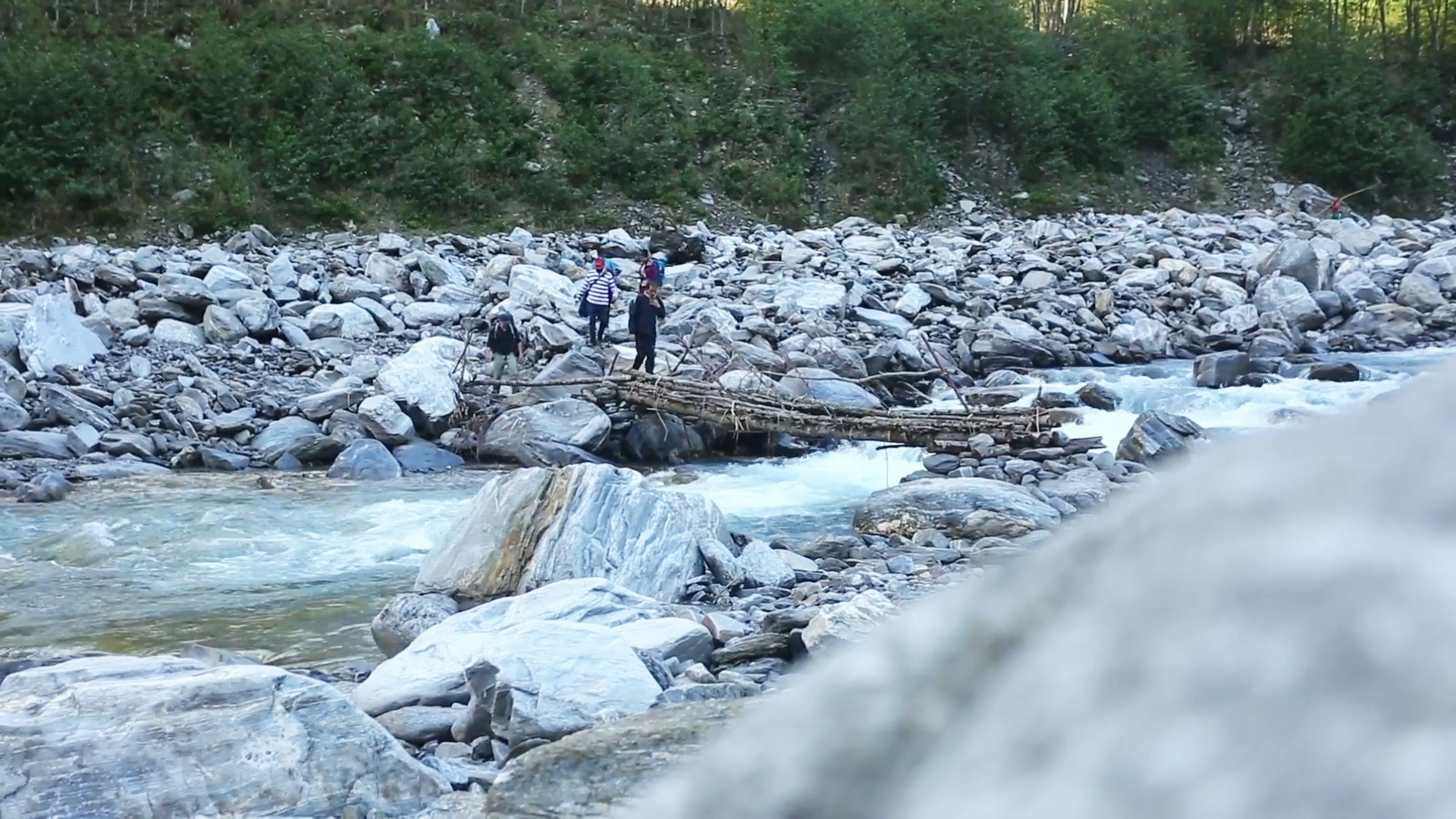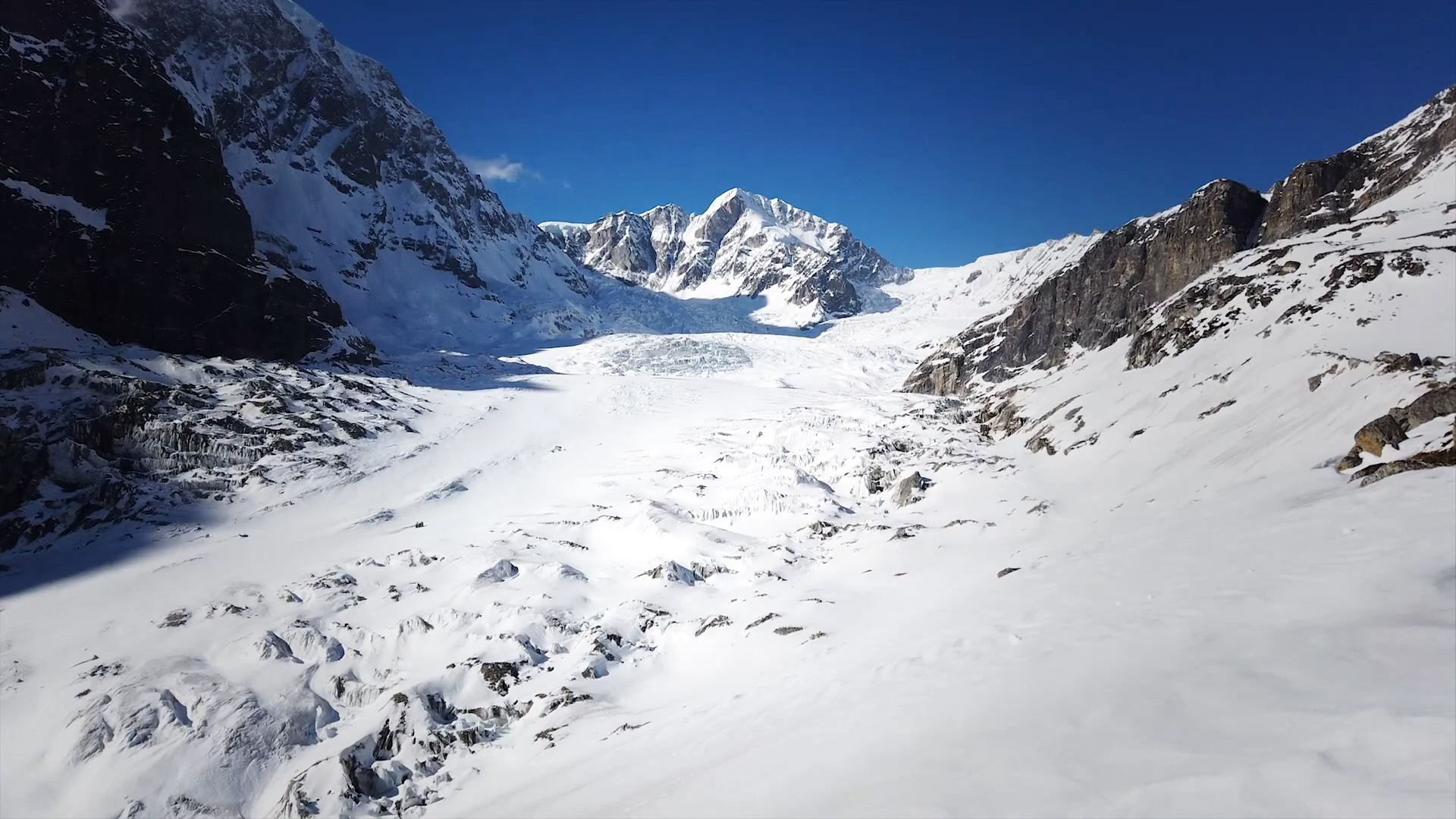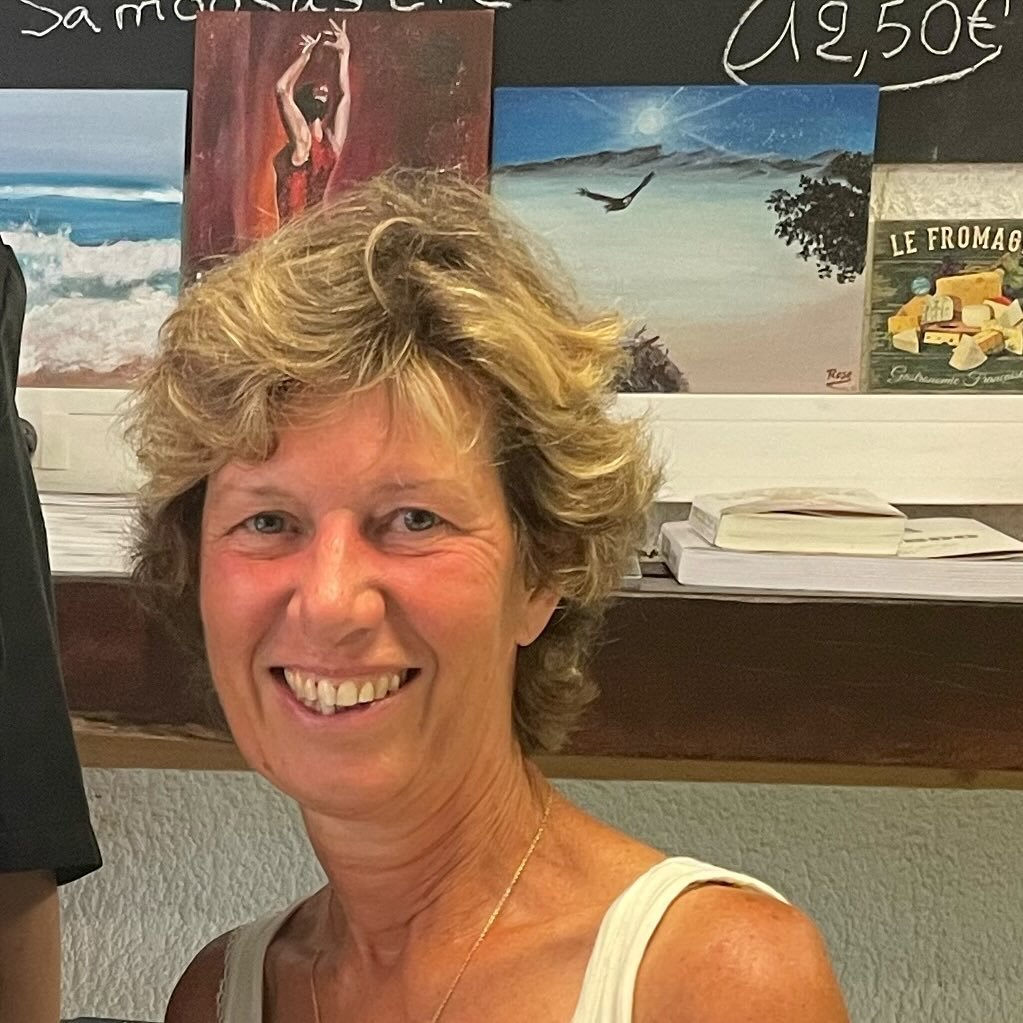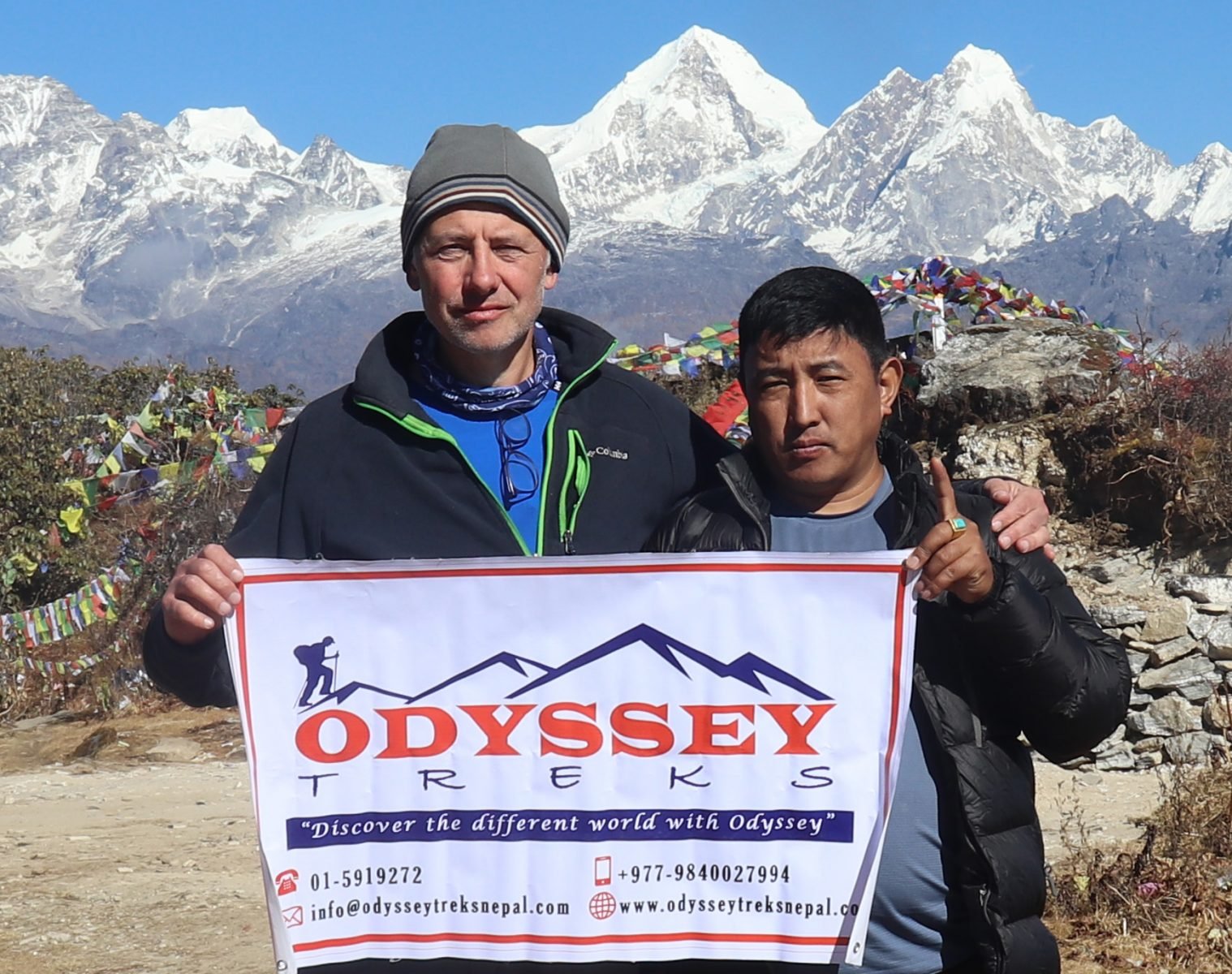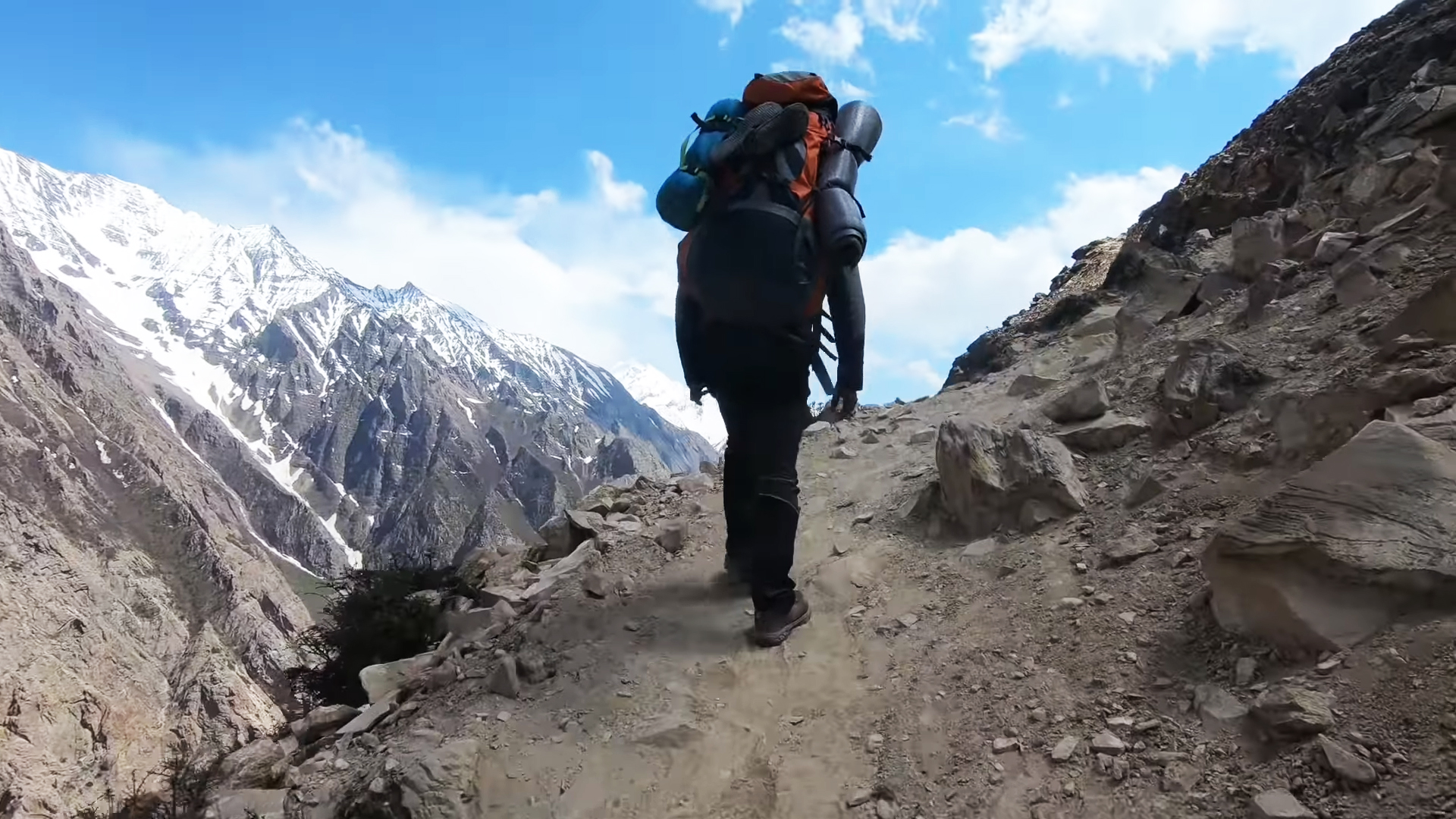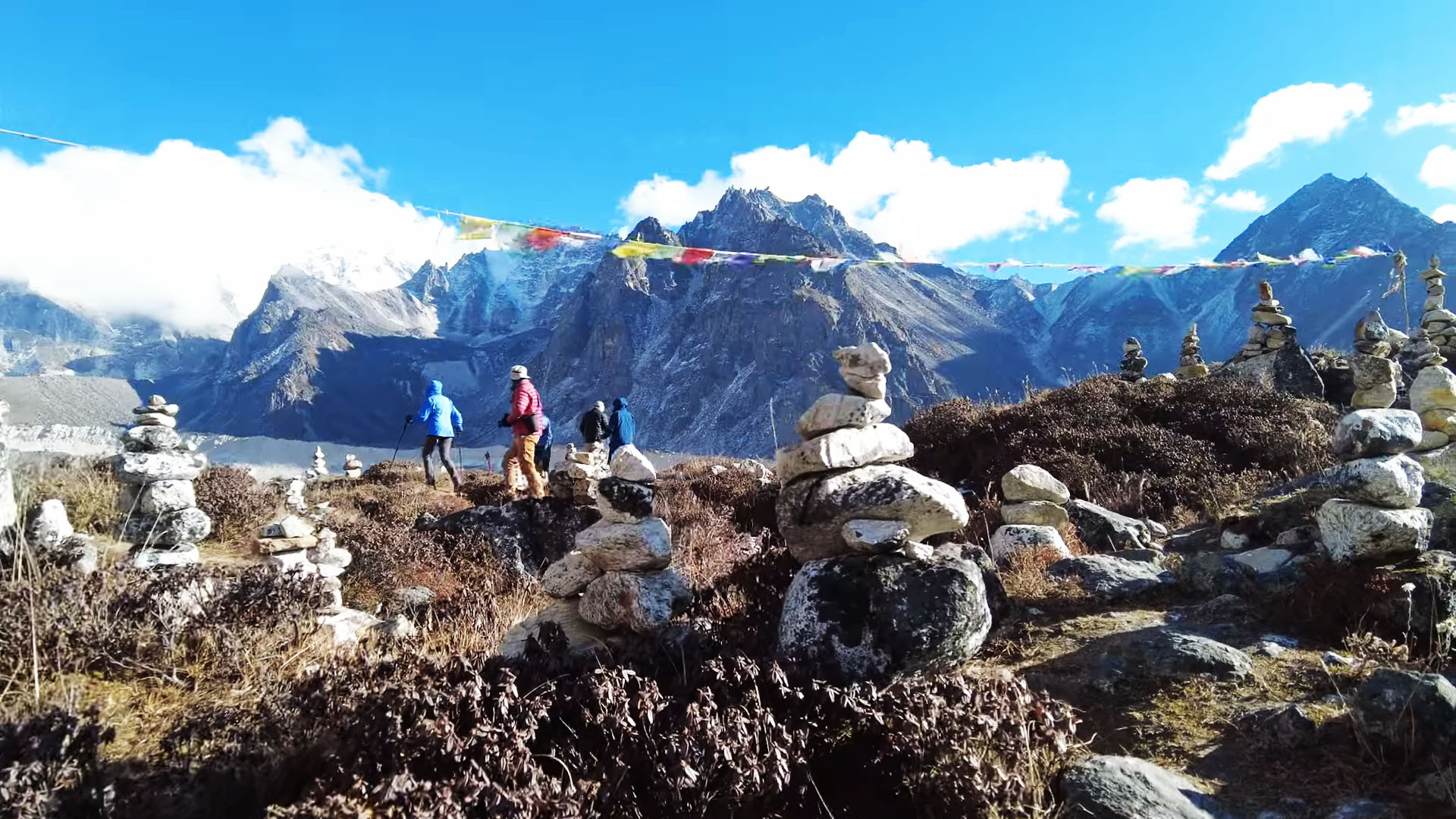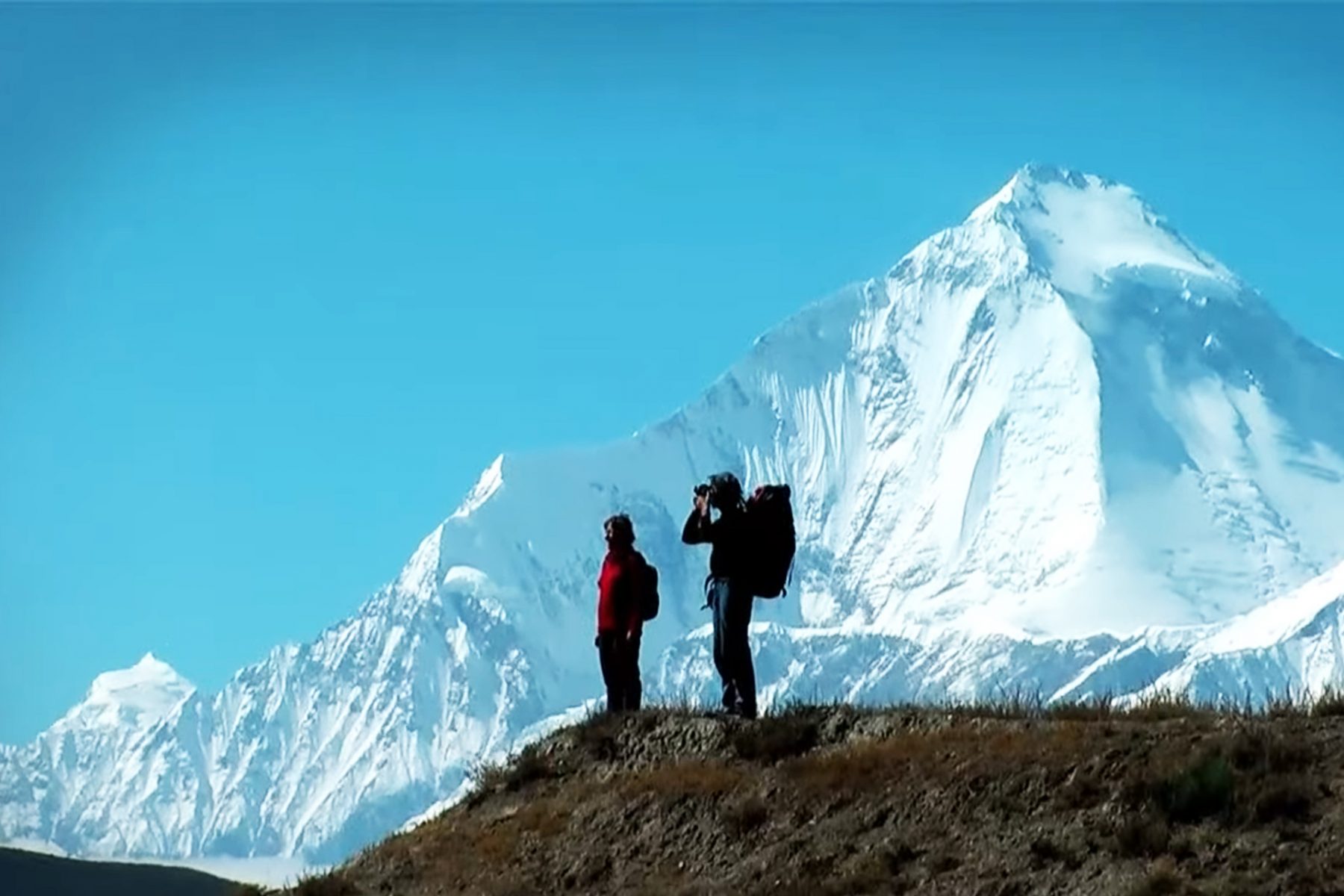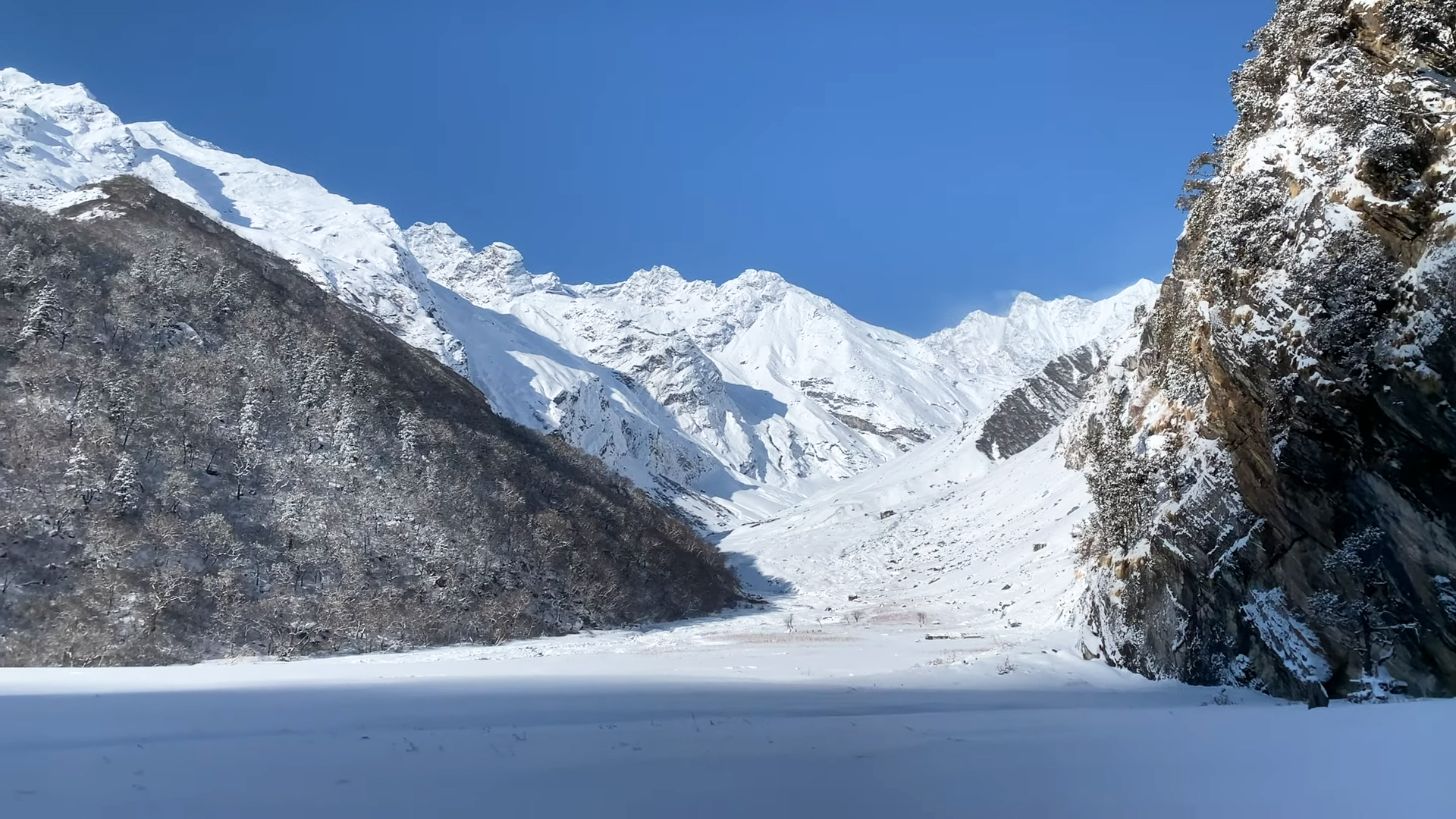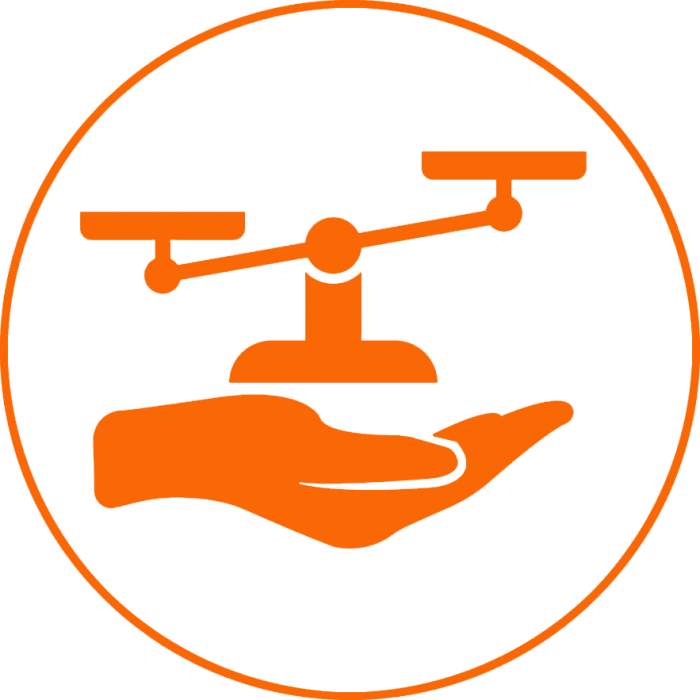Trip Overview
Introduction to Jugal Himal Trek
The Jugal Himal Trek is isolated and located north of Kathmandu. The major mountains of the Langtang region are Jugal Himal and Dorje Lakpa, which are at an altitude above 6,000 meters. Although the trek is very up and down, the village is culturally interesting in how Nepalese live their lives in the countryside.
The villages in this Langtang region have the main Tamang tribe settlements. Their culture, traditions, and daily lives are different from those of any other tribe. This journey gives us a glimpse of the old and primitive culture of this remote region of Nepal, where we may feel like we are hundreds of years behind.
On the way to this area, you will find some exotic flora and fauna while traveling through the rich Rhododendron forests, as well as some small Buddhist monasteries in the villages. The Jugal Himal Trek brings you closer to the three ethnic groups of Nepal—Tamang, Sherpa, and Halmo—and allows you to learn about their traditions. During this trek, we can enjoy the real taste of Bhotang’s potatoes, Helambu apples, fresh yak cheeses, and butter.
You may like: Royal Trek 6 days Itinerary detail, Cost, Package, and Difficulty.
Start Your Trek in the Langtang Region
After 4 hours of driving, you reach Chautara, from where your journey begins. The trail gradually crosses the Indrawati Valley to the Holy Panch Pokhari (Five Lakes) and then goes to the remote Balephi Valley. These five glacier lakes are located in a delightful place surrounded by picturesque, lush green hills.
Although Jugal Himal is a beautiful destination for trekking, only a few camping trekkers visit this area. This trip is more expensive than other normal trips due to the lack of food and accommodation facilities. The Jugal Himal Trek is perfect for trekkers who do not like to meet many other travelers or spend time in a crowded place.
The best seasons for the Jugal Himal Trek are spring and autumn. You can also complete the trip in the winter and summer. But you have to have the proper gear to deal with these seasons. This is a moderate-level trek. You must keep yourself physically fit to complete the trek. The maximum height of the trek is 3,800 meters. So you should have the proper equipment and be careful about altitude risks.
Also visit: Annapurna Tilijo Lake Trek, 15 Days Itinerary, Cost, Package.
Trip Itinerary
Drive Kathmandu to Chautra (4 to 5 hours) and trek to Syaule (1,550m) – 3 to 4 hours walk.
Syaule to Kamikharka Danda (2,270m) – 5 to 6 hours walk.
Kamikharka Danda to Chyocho Danda – 6 to 7 hours walk.
Chyocho Danda to Hile Bhanjayang (3,600m) – 5 to 6 hours walk.
Hile Bhanjyang to Nasem Pati (3,800m) – 4 to 5 hours walk.
Nasem Pati to Panch Pokhari (five sacred lakes) (3,780m) – 4 to 5 hours walk.
Free day at Panch Pokhari.
Panch Pokhari to Gaikharka – 5 to 6 hours walk.
Gaikharka to Yangri (1,360m) – 6 to 7 hours walk.
Yangri to Laghang Gompa (2,800m) – 6 to 7 hours walk.
Laghang Gompa to Tarkeghyang (2,560m) – 5 to 6 hours walk.
Tarkeghyang to Sermathang (2,620m) - 5 to 6 hours walk.
Sermathang to Melamchi (850m) – 4 to 5 hours walk.
Drive Melamchi to Kathmandu - 3 to 4 hours.
Why not list the price?
Each client's needs may be different. The price of the trip varies according to the size of your group and the service you want. The cost of the trip is calculated according to the type of service and accommodation chosen by our customers.
Each trip is customized to fit the client's needs and group size, so the price of each organized trip is different. Please let us know the service you want and the size of the group. We create trips to suit your taste and travel budget per your requirements. Hope you find our price calculation reasonable according to your needs and preferences.
Frequently asked questions about this trip
How difficult is the trek?
The difficulty depends on where and how long you want to trek. The short trek is easy while the long trek requires some physical fitness.
What is altitude sickness?
Altitude sickness is normally known as acute mountain sickness. This can happen when people rapidly climb up to an altitude of more than 3000 meters. We ensure minimal risk by adding rest to our trekking itineraries. Most people will feel some effects of altitude, some shortness of breath and possibly light headache, this is normal enough. Acute mountain sickness patients are quite different and usually have a serious headache, sickness, and lose awareness. In almost all possible cases there are sufficient warning signs to take action properly. Descending to a lower altitude is usually enough to prevent any further problems.
What type of accommodation is available during the trekking?
There are mainly tea houses and lodges available for trekking and they are usually made using local materials and are very comfortable. These accommodations are often family-run and usually provide single and double rooms. The dining room is on the ground floor and is often on fire. All food will be cooked in order in the family kitchen. Toilet facilities are sometimes separate and sometimes outside. Most lodges provide mattresses and blankets. It's a good idea to always have a sleeping bag, which can be useful, and perhaps an inflatable pillow.
How long do we walk every day on trekking?
Trekking programs are classified into three different categories: soft, moderate and hard. Soft treks are only about 7 days to 10 days in duration. They generally do not go above 4000 meters; you can expect to walk about 4-5 hours each day. Moderate treks are challenging enough and long treks that go to the high hill country. Physically exhausting, this involves trekking along the cliffs of the mountains for about 6-8 hours. Harder treks are longer treks that go farther away from the general abode of trekkers and tourists. These physically challenging treks involve walking for 7- 9 hours each day.
How much weight do I need to carry on the trek?
You carry some of your personal belongings, such as warm clothing, water, snacks, sun block, cameras and more. Generally, these items will be lightweight, from 5 to 10kg (10 to 20 pounds). Our porters are available for other heavy goods and for your information one porter would be sharing by two people. The maximum weight carried by one porter is total 20 kg. this means 10 kg. per person is allowed for the trek. In case if you wish to carry more than this weight then you need to hire additional porters.
What is the best time for trekking in Nepal?
October and November are considered as the best times for trekking in Nepal due to dry season. December and January are also considered good times for trekking but it is extremely cold at high altitudes.
Google Reviews
Guest reviews
Thank you a lot for your organization about my trek. It was a superb experience; all was perfect. Karma is a very nice person and a good guide. I appreciated trekking with Odyssey (a reliable Nepal trek operator). If I come back to Nepal, I will be happy to...
Have just returned from my fourth trip to Nepal and as always Odyssey Treks organized everything superbly. We visited Makalu relatively late in the season and were rewarded with empty trails and amazing weather. Karma was as entertaining, friendly, and informative as ever along with Ang Dawa Sherpa who...

